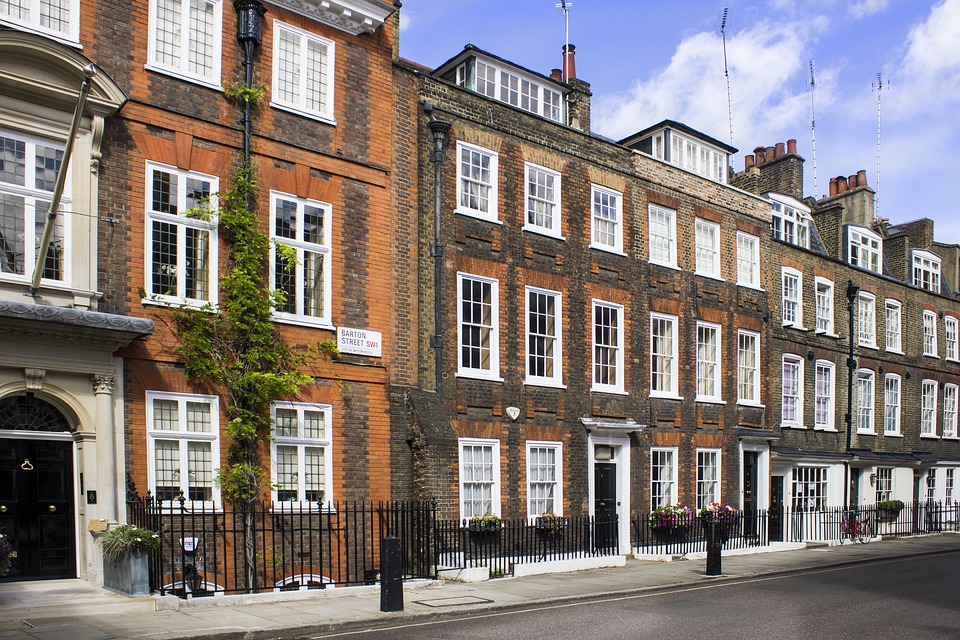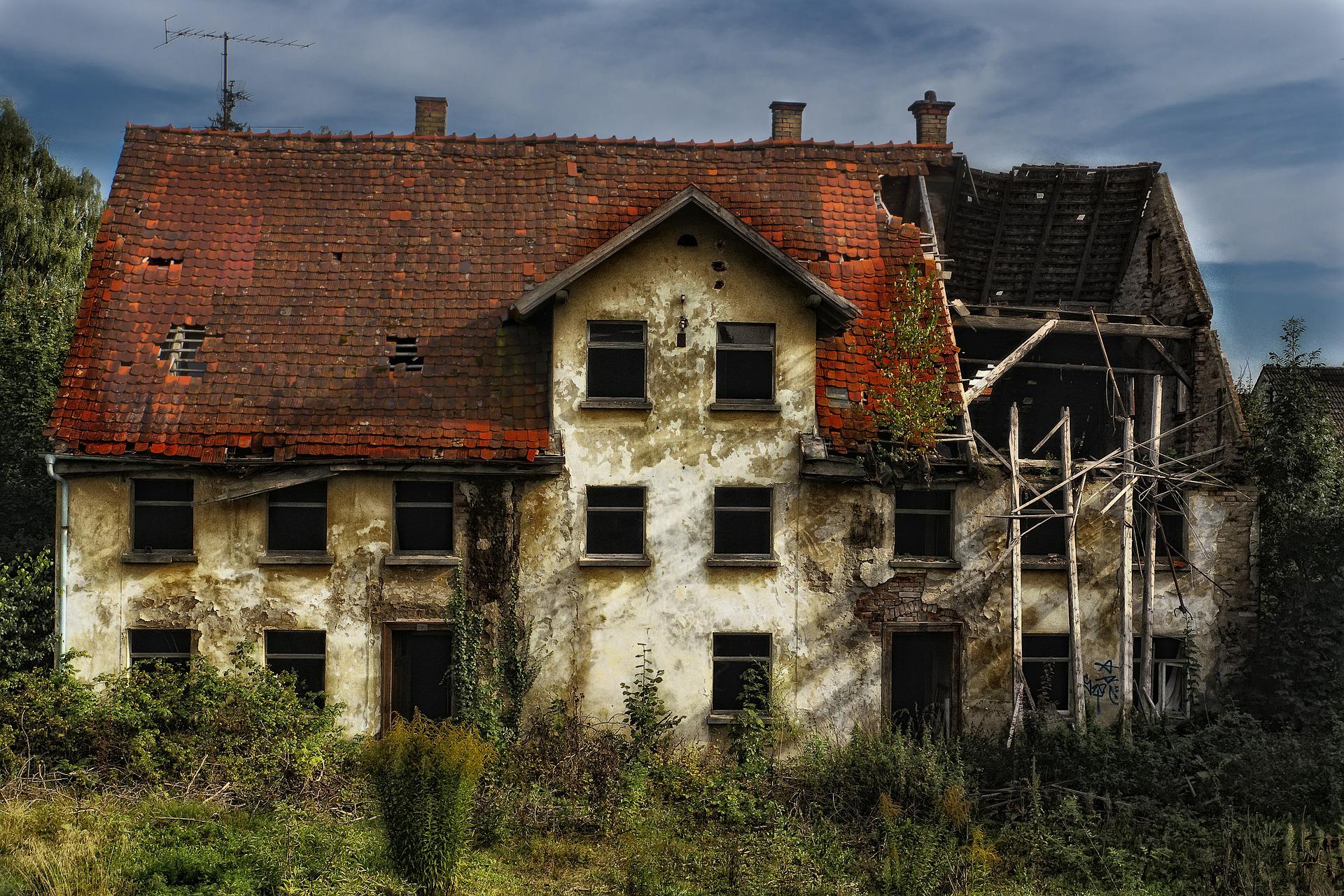Retirement is meant to be a time to relax and enjoy life after years of work. A key question for many approaching this stage is where they should live. Should you continue owning your home, downsize to a smaller property you own, or consider renting during your retirement years?
This blog post explores the ins and outs of renting in retirement.
How Common is Renting During Retirement?
Renting in retirement is more common than many realise, with over one-third of a million people over 60 renting in the UK. The proportion of retiree renters has also grown over the past few decades. Rising house prices have put property ownership out of reach for more people approaching retirement age. Renting is often viewed as the only viable option.
There are a few reasons why renting might appeal during retirement:
- Financial considerations: Renting frees up capital to spend during retirement rather than having it locked up in a property. You can also avoid the costs of maintaining a property.
- Lifestyle flexibility: Renting enables more freedom to relocate later in life to be closer to family or specialised care.
- Lower responsibilities: Landlords handle tasks like property maintenance and repairs. This enables more time for leisure and relaxation.
So, renting in retirement is reasonably commonplace, even if homeownership remains the norm for retirees who can afford it. Rising house prices will likely make renting even more prevalent in the future.
Advantages of Renting During Retirement
Renting offers several advantages that make it an appealing housing option during retirement.
More Disposable Income
Renting can sometimes work out cheaper than owning on a month-to-month basis. Mortgage payments disappear, and expenses like property taxes, insurance, maintenance, and unexpected repairs are no longer your responsibility. This frees up more disposable income during your retirement years.
The rent vs. buy calculation depends on individual circumstances, of course. However, renting does remove many of the more significant costs associated with homeownership.
Greater Flexibility to Relocate
One of the biggest perks of renting in retirement is flexibility. It’s much easier to relocate to a different area than if you own property. This means you can move closer to family if needed or into an assisted living facility that provides care services that are unavailable if you live alone. Renting reduces barriers to moving to match your needs better as these evolve in retirement.
Less Stress
Owning your home brings many responsibilities – arranging repairs, property maintenance, and dealing with tax and insurance issues. Renting transfers these duties to landlords and property managers.
The reduction in responsibilities can make renting less stressful. This enables you to focus on enjoying retirement by spending time with loved ones and pursuing hobbies.
Potential for Social Connections
Shared community living spaces allow for social connections with neighbours of a similar age. These interactions can help reduce isolation and loneliness, which is invaluable for mental health and well-being during retirement. Ties formed through community activities often persist even if individuals relocate.
Accessibility
Modern rental homes for retirees tend to offer step-free showers, wider doorways for wheelchairs and other accessible design features. Converting an owned home to improve accessibility can be expensive. The costs of this work can eat into retirement savings set aside for other purposes.
Disadvantages of Renting During Retirement
Renting isn’t perfect, however. There are a few potential costs to weigh up:
You Don’t Own the Property
An emotional aspect for some making the rent vs buy decision is not owning your home outright. After years of working to pay off a mortgage, some may wish to own where they live at the end of that journey.
Renting means you have no property assets accrued. Remember that inheritance wishes regarding property may need rethinking if renting in retirement rather than owning.
Exposure to Rising Rents
As rents increase, more of your retirement income covers housing costs. This could restrict spending power for other aspects of retirement you were budgeting for.
Look for rental contracts that offer longer-term leases or capped annual rent increases to minimise this risk of unexpectedly high rent rises squeezing your finances.
Relocating Could Still Involve Costs
While renting makes relocation easier than selling a home, it’s not always accessible. You may need to pay fees to end tenancy agreements early or cover expenses to transfer furnishings to a new property. Factor these potential costs in when budgeting a retirement plan around renting rather than owning your property outright.
Restrictions on Property Customisation
Owning your own home means you can redecorate and reconfigure the property however you wish. Renting means accepting the property primarily as is. While some landlords allow minor customisations like wallpapering or repainting, extensive personalisation is often restricted.
If having a home tailored to your aesthetic tastes is essential, renting may not fulfil that need. Check what, if any, customisations you can make before signing a long-term tenancy agreement.
What is a Retirement Village?
We’ve mainly discussed renting residential homes. Another option is to rent accommodation specifically designed for retirement, such as units within a retirement village.
Retirement villages and communities provide housing for older adults and facilities like restaurants, activity rooms, gardens and sometimes even health services. Many villages also organise social activities to prevent isolation and encourage a community spirit.
Retirees can often choose between renting or purchasing a unit within retirement village complexes. Additional fees cover expenses like property maintenance, community facilities and activities.
Retirement village units are purpose-built for older adults’ needs. Step-free showers, grab rails, and alert buttons enable residents to live independently within a supportive and sociable community.
Understanding contractual obligations is essential when considering a retirement village. Factor requirements to refurbish the unit when you live and deferred management fees deducted from sale proceeds if you purchase a unit into any exit plan.
Should I Rent During Retirement?
There are good arguments on both sides of renting vs buying a home for your retirement years. Here are a few key questions to help you decide which better aligns with your circumstances:
- What are my financial circumstances? If buying a home requires spending your entire retirement savings, renting might offer more disposable income. Ownership may suit you better if you have sufficient assets to buy without impacting your lifestyle.
- How necessary is home customisation? If you envision customising a home to your tastes during retirement, renting may be overly restrictive on allowable alterations.
- Could my needs change? Consider future health and mobility shifts that could require moving closer to family or assisted living services unavailable at home. Renting makes relocating simpler if flexibility is a priority.
- What are my inheritance plans? If passing on property to children or grandchildren is essential, renting may not fulfil those estate planning wishes. Review how renting vs buying affects your inheritance goals.
Choosing between renting and buying in retirement
There’s no definitive right or wrong choice between renting and buying in retirement. It depends on your priorities. Renting is a viable option during retirement that offers many advantages, especially if you search for retirement flats in closed communities. Some of the benefits include more significant disposable income, increased relocation flexibility, and fewer property responsibilities.
There may be other ways you can increase your income and fund a retirement, such as selling an inherited property.
Assess your circumstances and weigh up the pros and cons covered in this blog to determine which housing option better fulfils your needs during your retirement years. This will help you determine whether renting or owning property is wiser.



















